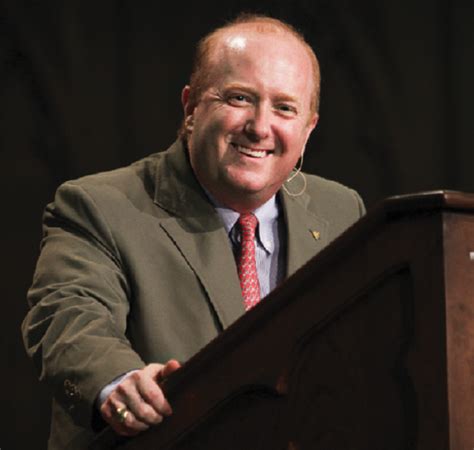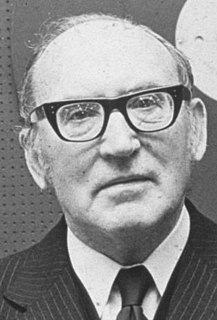A Quote by Bertrand Russell
My own view on religion is that of Lucretius. I regard it as a disease born of fear and as a source of untold misery to the human race. I cannot, however, deny that it has made some contributions to civilisation. It helped in early days to fix the calendar, and it caused Egyptian priests to chronicle eclipses with such care that in time they became able to predict them. These two services I am prepared to acknowledge, but I do not know of any others.
Quote Topics
Able
Acknowledge
Am
Any
Became
Born
Calendar
Cannot
Care
Caused
Chronicle
Civilisation
Contributions
Days
Deny
Disease
Early
Early Days
Egyptian
Fear
Fix
Helped
However
Human
Human Race
Know
Made
Misery
My Own
Others
Own
Predict
Prepared
Priests
Race
Regard
Religion
Services
Some
Source
Them
Time
Two
Untold
View
Related Quotes
Religion is based ... mainly upon fear ... fear of the mysterious, fear of defeat, fear of death. Fear is the parent of cruelty, and therefore it is no wonder if cruelty and religion have gone hand in hand. My own view on religion is that of Lucretius. I regard it as a disease born of fear and as a source of untold misery to the human race.
Every one ought to study the Bible with two ends in view: his own growth in knowledge and grace, and passing it on to others. We ought to have four ears,- two for ourselves, and two for other people. My Bible is worth a good deal to me because I have so many passages marked that, if I am called upon to speak at any time, I am ready. We ought to be prepared to pass around heavenly thoughts and truths, just as we do the coin of the realm.
I regard monotheism as the greatest disaster ever to befall the human race. I see no good in Judaism, Christianity, or Islam - good people, yes, but any religion based on a single, well, frenzied and virulent god, is not as useful to the human race as, say, Confucianism, which is not a religion but an ethical and educational system.
The only religion that ought to be taught is the religion of fearlessness. Either in this world or in the world of religion, it is true that fear is the sure cause of degradation and sin. It is fear that brings misery, fear that brings death, fear that breeds evil. And what causes fear? Ignorance of our own nature.
I'm an atheist. I suppose you can call me a sort of libertarian anarchist. I regard religion with fear and suspicion. It's not enough to say that I don't believe in God. I actually regard the system as distressing: I am offended by some of the things said in the Bible and the Qur'an and I refute them.
Everything that civilisation has to offer is a product of human intelligence; we cannot predict what we might achieve when this intelligence is magnified by the tools that AI may provide, but the eradication of war, disease, and poverty would be high on anyone's list. Success in creating AI would be the biggest event in human history. Unfortunately, it might also be the last.
In fact, the answers that religion, as we have come to know it, provides to the question of human worth have played so dominant a role in the preceding centuries that believers often cannot conceive how non-believers can muster sufficient commitment to their own lives to get out of bed each morning, let alone the ethical wherewithal to regard others as deserving of moral regard. Once one "comes out" as an atheist, these are the inquisitions to which one is often subjected.
A source of strength in the early days was that groups in various parts of the world were prepared to construct experimental computers without necessarily intending them to be the prototype for serial production. As a result, there became available a body of knowledge about what would work and what would not work.
































